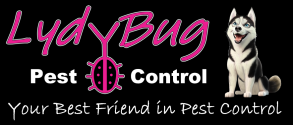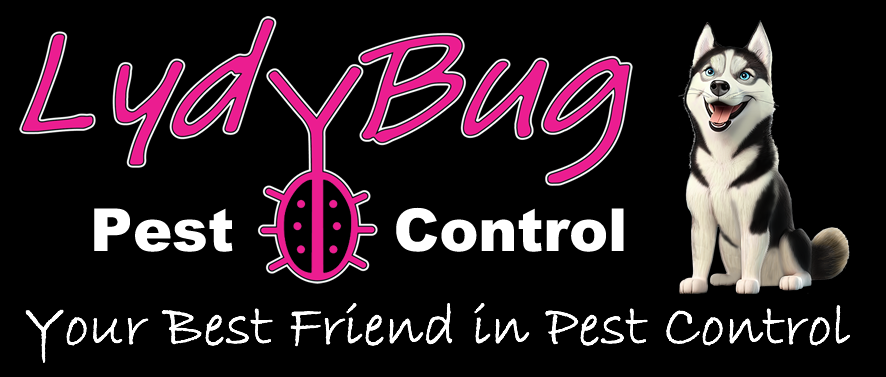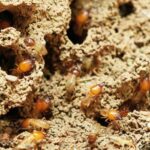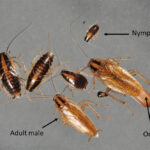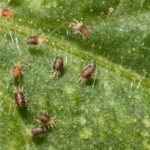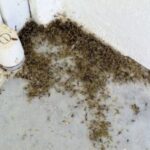Introduction:
Pesticides play a crucial role in safeguarding our homes and gardens from the threat of pests that can wreak havoc on our living spaces. However, the use of these chemical solutions poses potential risks, and the impact can vary significantly depending on who is wielding the pesticide applicator’s wand. In this blog, we’ll explore the reasons why pesticides may be worse for homeowners than for professionals.

- Lack of Expertise:
One of the primary reasons pesticides can be more problematic for homeowners is the lack of expertise in handling these potent chemicals. Professionals in the pest control industry undergo extensive training to understand the different types of pests, the appropriate pesticides for each situation, and the correct application methods. Without this knowledge, homeowners may misuse or overuse pesticides, leading to unintended consequences.
- Inadequate Safety Measures:
Professional pest control companies prioritize safety and follow strict guidelines to protect both the applicator and the occupants of the treated space. They use advanced equipment, protective gear, and adhere to established safety protocols. Homeowners, on the other hand, may not be as diligent in implementing necessary safety measures, increasing the risk of exposure to harmful chemicals.
- Overuse and Misapplication:
Homeowners might be tempted to use more pesticides than necessary or apply them incorrectly in an attempt to eradicate pests quickly. This overreliance on chemical solutions can result in environmental contamination, harm to non-target species, and long-term damage to the ecosystem. Professionals, with their training and experience, are better equipped to determine the appropriate amount and method of application for effective pest control.
- Residue Accumulation:
Improper pesticide application by homeowners may lead to the accumulation of residues within living spaces. Residues can pose health risks to residents, especially children and pets, who may come into direct contact with treated surfaces. Professionals are skilled at minimizing residue buildup through precise application techniques, reducing the potential for harmful exposure.
- Environmental Impact:
Homeowners may not fully comprehend the broader environmental impact of indiscriminate pesticide use. Professionals, on the other hand, are more likely to adopt integrated pest management (IPM) strategies, which focus on minimizing environmental harm while effectively controlling pests. This includes the targeted use of pesticides as a last resort after exploring non-chemical alternatives.
Conclusion:
While pesticides are essential tools in pest management, the risks associated with their use are amplified when wielded by homeowners lacking the training and expertise of professional pest control operators. The potential for overuse, misapplication, and inadequate safety measures make pesticides more detrimental to homeowners, emphasizing the importance of seeking professional assistance for effective and responsible pest control. By understanding these risks, homeowners can make informed decisions to protect their homes, families, and the environment. Pest control businesses are always given the blame for the environmental impacts, but businesses are legally required to abide by application levels and combinations. Whereas your neighbor can go down to the store and buy whatever products he desires and apply it, not regulated by anyone or anything. Please consider hiring a professional to maintain your yard, not only do we understand the biochemistry behind what we do and why, we will safely and environmentally apply only that which is needed at a minimum. Contact LydyBug Pest Control today!
